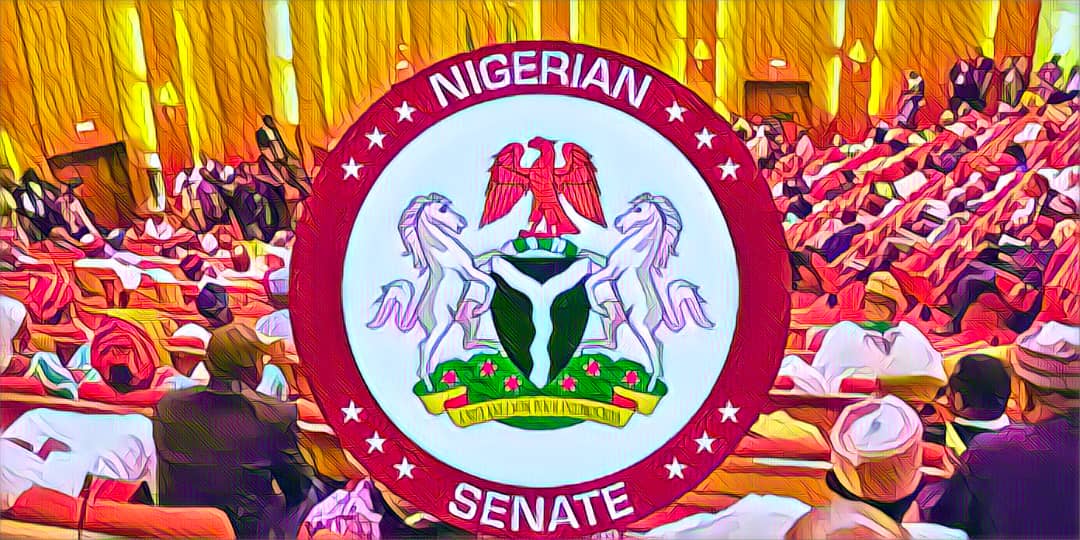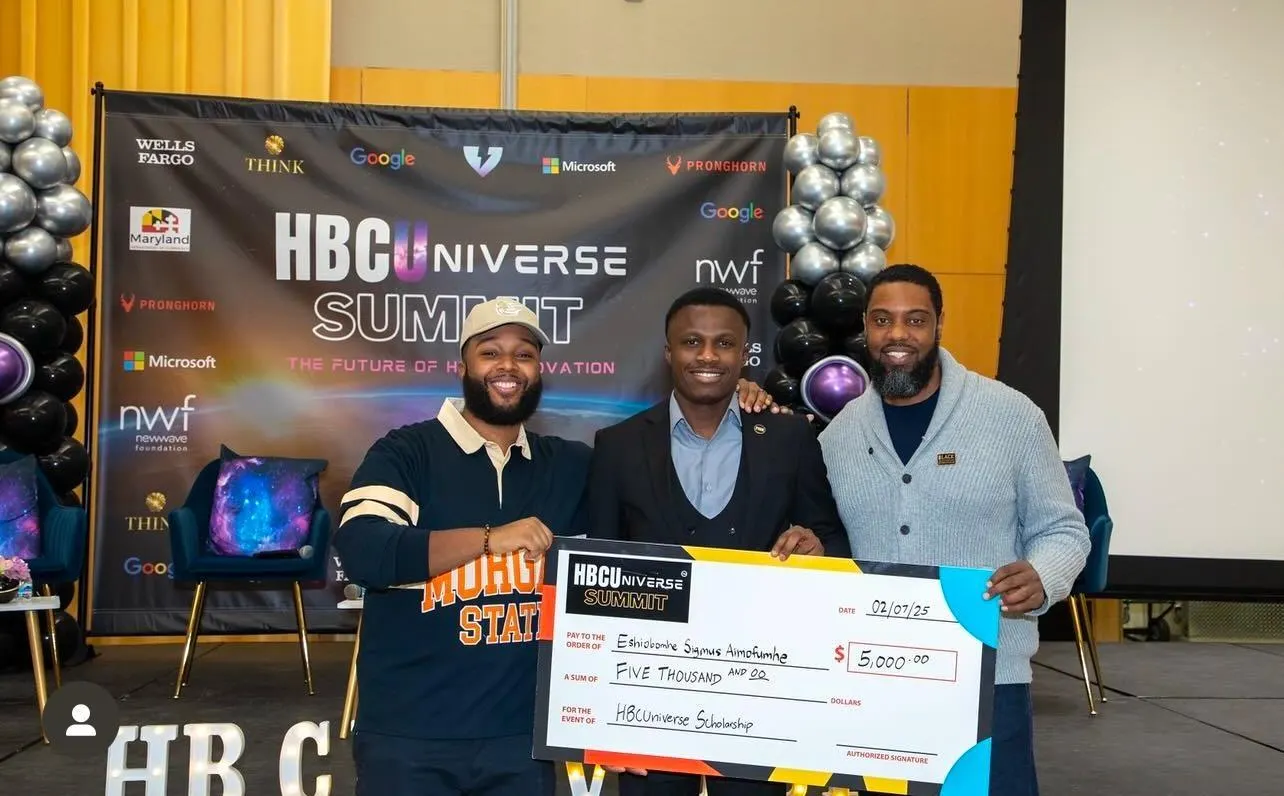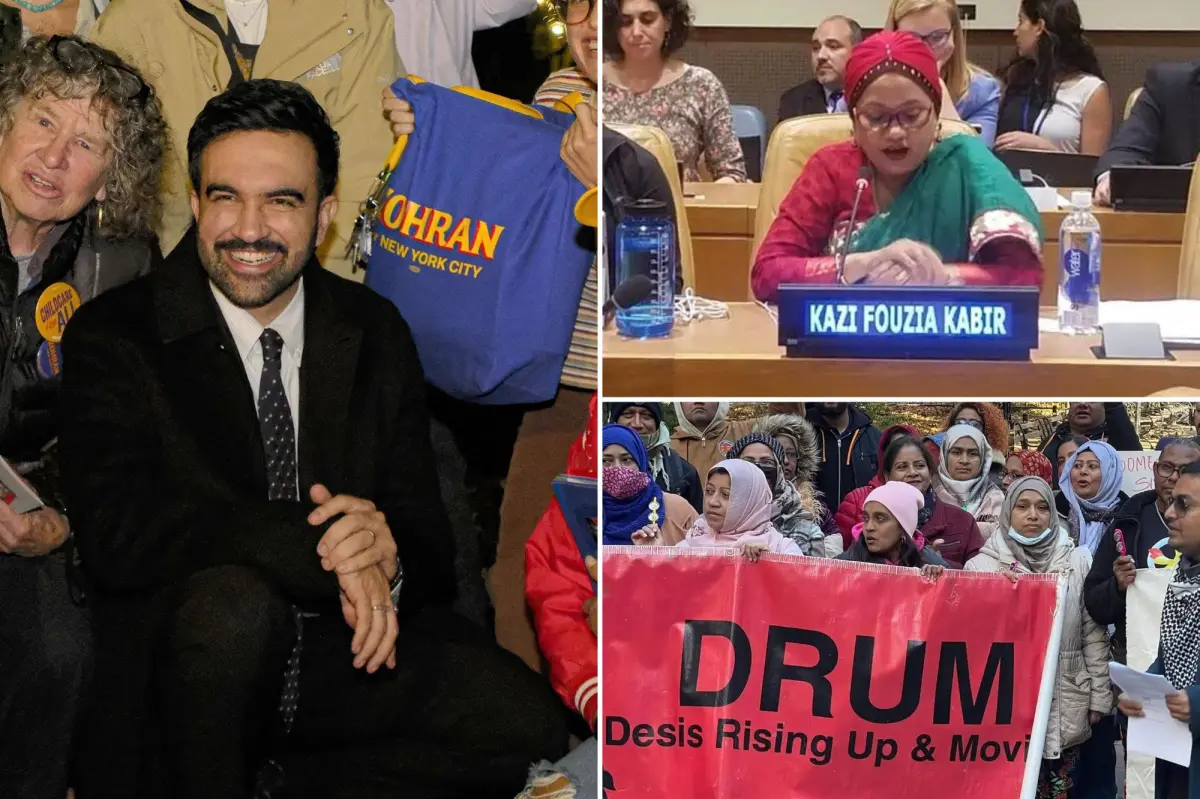Copyright Slate

Sign up for the Slatest to get the most insightful analysis, criticism, and advice out there, delivered to your inbox daily. Looking back at the political career of Minneapolis’ Mayor Jacob Frey, one moment stands out. It was June 6, less than two weeks after the murder of George Floyd, and Frey had emerged to talk to a crowd that had gathered near his home. In the video, he seems small and almost boyish in his baseball shirt and “I CAN’T BREATHE” mask, his shoulders somewhat slumped, unheard over the fury of the crowd. A woman speaking with a microphone asks Frey if he will commit to defunding the police department. “It’s important that we hear this,” she says. “Because if y’all don’t know, he’s up for reelection next year. And if he says no, guess what the fuck we’re going to do next year?” After Frey responds, saying in a muffled voice that he does not support the full abolition of the police, the protesters shout him down, and he is driven out of the crowd with chants of “Go home, Jacob, go home!” and “Shame! Shame!” For a man once considered a darling of the Democratic Party, it was a remarkable moment, and one that seemed indicative of just how seismically the party’s politics had shifted. It seemed hard to imagine, in that moment, that Frey could bounce back. And yet, this week, Frey is headed toward his second election since then, with more power in the city than ever before, that display of public scorn a distant memory. Five years on from the police killing that upended the country, it is tempting to feel like the U.S. has completely moved on from George Floyd. The last presidential election ushered in an era of conservative reactionary politics in which all talk of revolutionary racial justice has been thoroughly obliterated; cities now worry not so much about police bias as about masked federal agents snatching Latinos off the street or National Guard members descending to quash democratic protests. In Minneapolis, the site where it all began, not a single major mayoral candidate supports cuts to the police department. The movement to defund the police feels in many ways long dead. And yet, if you take a closer look at Tuesday’s mayoral race, a contentious fight between two Democrats, the echoes of 2020 are still there, a significant part of the fight over the city’s character. On Tuesday, Frey faces his first serious challenge. Frey emerged from that summer of protests as an entirely different and, some would say, calculating figure, having used centrist anxieties to wrest governing power from the City Council. His main challenger, Omar Fateh, a democratic socialist, has built a campaign on frustrations from the left, promising to rid the city of Frey’s corporate-friendly liberal politics, the kind of politics that sounded nice and social justice–friendly but ultimately held the city back from more radical action after Floyd’s murder. As a result, polls show Fateh in striking distance. It’s a new political fight in Minneapolis, with the city’s first chance in recent memory to have its own lunge toward the socialist left. But if you talk to people who know the city, they’ll tell you that this is not Minneapolis’ Zohran Mamdani moment; it’s not a matter of a fresh new start. Instead, they say, it’s a moment to look back at just how much the city continues to be weighed down by the anger and pain of that contentious summer. A Defining Moment Until the George Floyd protests, city politics could have gone a different direction. Jacob Frey, who has now led the city for almost eight years, emerged in the national consciousness back in 2017 as a kind of poster boy for the nice liberal politics that served as a foil to the newly dominant MAGA movement. Frey, charming and youthful, seemed thrillingly fluent, for a straight white man, at discussing identity matters. He also seemed to genuinely care about supporting the marginalized: He had, for example, organized something called the “Big Gay Race” in support of marriage equality before he held political office. He campaigned on creating affordable housing, fighting climate change, and police accountability reforms. He was elected mayor in part because of a police killing that had occurred in 2017; he had convinced voters that he would bring “massive reform.” For a while after he took office, Frey appeared to be one of the bright spots of the Democratic Party. But then he was booed by that angry crowd. “That’s this seminal moment,” said Charlie Rybak, the founder of a local news organization called Southwest Voices. When George Floyd was murdered, pitching the country into a summer of protests and riots, Minneapolis was set up to have one of the most open-minded local governments in the country, in terms of embracing more radical reforms. Frey was no radical, but the same election that brought him to power also elevated several more socialist-leaning candidates onto the City Council. As a result, it wasn’t just the racial justice protesters who seemed to defy Frey that heated weekend; it was his own council members. The day after Frey faced chants from the angry crowd, nine City Council members, a veto-proof alliance, stood on a platform in Powderhorn Park before the large white block letters “DEFUND POLICE” and promised to end the Minneapolis Police Department. It was the most radical such promise from a major city’s government. “That changed everything,” said David Brauer, a retired journalist who wrote for Minneapolis publications and who identifies as a center-left social democrat. Frey “went from winning with a bigger consensus to becoming an us-versus-them politician. He learned in that moment that bashing the left, who had policy proposals the larger public didn’t share, was the way to win.” Until that time, several people said, Frey had been perceived as trying to work with the City Council, much of which was further to the left. And he may have continued that way indefinitely. Suddenly, though, his whole political identity became about opposing the excesses of the left, and standing as a kind of bulwark against their most radical ideas. This would turn out to be the right position for him politically. Within months of that promise to defund the police, most of the City Council members had walked it back, claiming that they had meant things in a more figurative way. This was a tough retreat for these members, some of whom had promised to fully dismantle the police department. “How politically helpful that moment was for him still makes the left angry,” Rybak said. In November 2021, the city not only reelected Frey but resoundingly defeated a referendum to reform the police. It also passed a “strong mayor” amendment that shifted much of the city’s governing power from the City Council to Frey’s office. And it voted in City Council members who were more friendly to Frey’s agenda. Despite all that power, Frey’s turn toward being an oppositional figure stuck. When in 2023 the city once again elected a slate of more socialist-friendly City Council members, Frey began to use his veto power, quashing a minimum-wage hike for rideshare drivers and a charter for an advisory labor relations board. Frey had always been friendly to business interests, even as he championed affordable housing and measures popular with the urbanist left, such as building up bike lanes and reducing car traffic. In this period, the division between him and the council became stark. “There’s no doubt that George Floyd and the public shaming of Jacob Frey—which has happened more than once—has damaged his overall standing,” said Larry Jacobs, a political scientist at the University of Minnesota. “But he’s also the guy who said no again and again to the democratic socialists on the city council. So there are going to be a number of voters who see him as an important and necessary brake on going too far to the left. That’s what he’s holding on to.” Eventually, Jacobs said, some Minneapolis residents started to grow disillusioned with the mayor’s adversarial governing and the failure to make good on promises to end homelessness and fix the police force. As Rybak, the neighborhood news writer, saw it, Frey was too busy fighting his own City Council to make strong political moves. His stand against the left was a winning strategy for elections, and for eliciting donations from business interests and from the more consultant-friendly Democratic contingent. But it made it hard for him to govern. A Challenge From the Left This is where Omar Fateh was able to exploit an opening. If you’ve heard of Fateh, it is likely because of comparisons to Zohran Mamdani. Fateh, like Mamdani, is Muslim and a democratic socialist who has posed a serious threat to conventional candidates, thanks in part to a coalition he has formed with two other candidates, supporting each other in the ranked choice voting system. (Minneapolis, unlike New York City, has no primary. All major candidates running this year are members of the Minnesota Democratic Farmer-Labor Party, which is the state’s Democratic party.) But many observers of Minneapolis politics say it’s wrong to compare the two. Setting aside the differences between the two cities, such as Minneapolis’ better affordability, and Mamdani’s generational talent as a communicator, some observers say Fateh isn’t really running a positive campaign for bold new socialist ideas as much as a campaign against Frey and his centrist, corporate-friendly liberalism. He has benefited from the Mamdani enthusiasm sweeping Democratic circles across the country, and through the structural support of the Democratic Socialists of America, but he has succeeded more by being a talented organizer and serving as an opposition than by creating a movement. Fateh, who supports rent control, has focused his campaign on making Frey into a capitalist stooge, someone being cruel in his approaches to resolving homelessness and turning against labor. Frey, meanwhile, has circulated clips reminding viewers that Fateh once supported defunding the police. “A lot of this is a shadow-box fight that came from the defunding movement,” Rybak said. But the lingering whiffs of the 2020 protest movement aren’t just in the particular factions among the city politicians. Some of the critics of that movement say the core political debates from 2020 survive, as well, largely in the form of resentment from centrist liberals. This tracks with national trends: According to Michael Sances, a political scientist at Temple University, the Black Lives Matter movement did successfully push Democratic voters in a permanent way on the matter of police reform, even if the shift wasn’t as drastic as it initially seemed. But the people who are going to be most motivated by discussions of police reform at this point, five years out, are those who are still spooked by it, and concerned about public safety. Carol Becker, a centrist who worked in local politics and who identifies with the national and state Democratic parties but not with the Democrats of the city, is one of these voters. She launched an entire volunteer-run publication, the Minneapolis Times, dedicated to boosting the centrist perspective after she grew increasingly frustrated with what she saw as “craziness” in local politics. As she sees it, the more irrational parts of progressive politics have made it impossible for people to discuss crime, homelessness, and drug use. She recalled a City Council meeting she and her neighbors attended to discuss a rash of break-ins and thefts. “She would not say ‘criminal’ or ‘crime,’ ” Becker said of her council member. “She would say ‘persons who made an error.’ ” Becker believes the city is in the middle of an ongoing and belated disillusionment with the racial justice movement’s basic argument, as she sees it, that humans are fundamentally good at heart and that there would be no more problems if we gave people enough resources. The result of that mindset, she said, has been unchecked crime. “Part of this is the reaction against that,” she said. “We’re living in the world of what it means to be defunded.” Still, as much as people like Becker may scoff at the social justice language, the identity politics we knew in 2020 are clearly no longer. Few are discussing racism in the same way. Fateh’s Somali identity, while a target of the vilest kind of gutter racism on X, has mostly been spoken of neutrally on the ground in Minneapolis, local politics observers say. Plus, when local candidates talk of policing, they tend to debate the department’s efficacy in protecting people, such as immigrants and Black Minneapolis residents, rather than about the danger it poses to those populations. “This issue is alive and well, but the configuration is different,” said Sara Lopez, a political strategist who works for a local nonprofit. “It’s centered around different priorities, but in a city like Minneapolis, that doesn’t mean anyone will forget what happened to George Floyd.” At this point, Democrats long ago learned that the defund movement was a losing issue. In some ways, it seems that in Minneapolis, as everywhere else, Democrats have moved on. In some ways, the chapter seems closed and put behind us: The three officers who were convicted for abetting Derek Chauvin have already concluded their sentences, with the final one being released Monday. At the structural level, though, Tuesday’s mayoral election shows that regardless of who wins, the politics of the city can’t let go of George Floyd.



